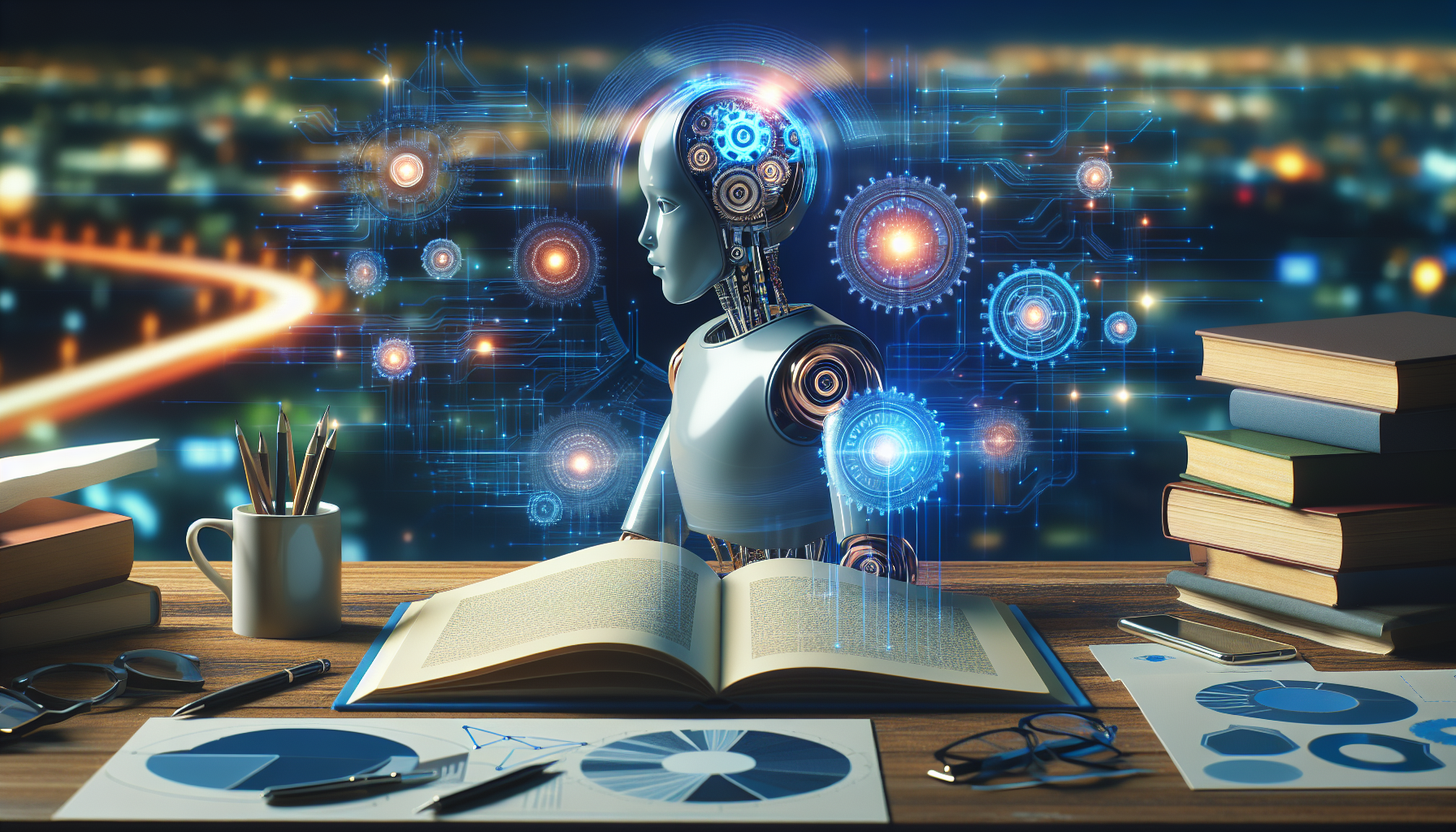
AI in Crisis Management: Transforming Responses to Natural Disasters and Emergencies
August 23, 2025
Imagine a world where artificial intelligence anticipates a hurricane's wrath before the first drop of rain falls, orchestrates evacuations with precision, and coordinates relief efforts seamlessly. As AI technology continues to advance, such scenarios are not just within the realm of possibility but are on the horizon of becoming reality. AI's role in crisis management, particularly in responding to natural disasters and emergencies, promises to revolutionize how humanity confronts one of its greatest challenges.
The potential of AI in crisis management lies not merely in its ability to process vast amounts of data with incredible speed but in its capacity to learn and adapt from every new event. When disaster strikes, time is of the essence. AI systems, with their ability to analyze real-time data from satellites, sensors, and social media, can provide early warnings that save lives. These systems are already being used to predict the path of hurricanes, the likelihood of floods, and the spread of wildfires, offering critical information to authorities and the public alike.
However, predicting the future of AI in crisis management requires us to look beyond current applications. Imagine AI-driven drones that can navigate through hazardous conditions to deliver supplies to stranded individuals, or AI-powered robots that can enter unstable buildings to search for survivors. These innovations are not just science fiction; they represent the next steps in integrating AI into emergency services.
One of the most compelling aspects of AI in this domain is its potential to democratize access to crucial information. Traditionally, the ability to respond effectively to natural disasters has been contingent on resources and infrastructure, often leaving poorer regions more vulnerable. AI, with its ability to operate at scale and low cost, can bridge this gap. By providing accurate forecasts and resource management tools, AI enables even the most resource-strapped regions to prepare for and respond to disasters more effectively.
The ethical considerations of AI deployment cannot be overlooked. As we entrust AI systems with greater responsibility, ensuring their transparency and accountability becomes paramount. The data these systems use must be handled with care, respecting privacy and avoiding bias. The development of AI in crisis management must be guided by principles that prioritize human welfare and equity, ensuring that the benefits of AI are shared globally.
In the realm of coordinating emergency responses, AI's predictive capabilities can optimize resource allocation, ensuring that aid reaches the areas most in need with minimal delay. Machine learning algorithms can analyze patterns from previous disasters to improve logistics and prioritize tasks, making relief efforts more efficient than ever before. This precision is crucial in minimizing the chaos that typically accompanies large-scale emergencies.
The collaboration between human expertise and AI is a critical element of this future. While AI can provide data-driven insights and logistical support, human judgment and empathy remain indispensable. The integration of AI into crisis management should enhance human decision-making rather than replace it, fostering a partnership where technology amplifies the strengths of human responders.
Looking ahead, the role of AI in crisis management will likely expand, driven by advances in technology and a growing body of knowledge. AI will not only react to disasters but will also play a proactive role in disaster prevention. By identifying vulnerabilities in infrastructure and ecosystems, AI can guide investments and policy decisions that mitigate the impact of natural disasters before they occur.
As we stand on the brink of this transformative era, the question is not whether AI will change crisis management but how we will harness its potential responsibly. Will we use this technology to create a more resilient world, where communities can withstand the forces of nature with greater fortitude? How will we ensure that the benefits of AI are shared equitably across the globe, reaching those who need it most?
The answers to these questions will shape the future of AI in crisis management, guiding humanity toward a future where technology serves as a powerful ally in the face of adversity. As we explore these possibilities, the conversation must continue, inviting diverse perspectives and innovative ideas that push the boundaries of what AI can achieve in the service of humanity's greatest challenges.


